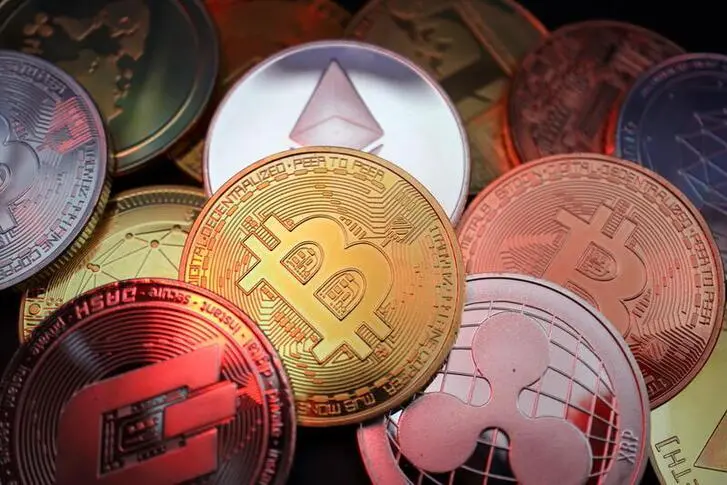PHOTO
U.S. government agencies must double down on digital asset sector enforcement and identify gaps in cryptocurrency regulation, the Biden administration said in reports published on Friday.
The Treasury Department will also lead a group of government agencies that will consider a central bank digital currency, although the White House stopped short of endorsing a digital dollar.
The reports were issued in response to an executive order U.S. President Joe Biden signed this year "on Ensuring Responsible Development of Digital Assets."
“Innovation is one of the hallmarks of a vibrant financial system and economy, but as we've painfully learned from history, innovation without adequate regulation can result in significant disruptions and harm to the financial system and individuals,” Treasury Secretary Janet Yellen told reporters.
The reports urged regulators like the Securities and Exchange Commission (SEC) and the Commodity Futures Trading Commission (CFTC) to issue guidance and rules for digital asset ecosystem risks, including the potential for cryptocurrencies to be used in money laundering or for fraud.
The White House also said Biden would consider asking Congress to amend the Bank Secrecy Act (BSA) to apply to digital asset service providers, including cryptocurrency exchanges and platforms for non-fungible tokens, or NFTs. The BSA requires lenders to report suspicious transactions to the Treasury.
Biden will also consider recommendations from agencies to create a federal framework to oversee non-bank payment providers.
Cryptocurrencies surged past $3 trillion in value last year but the sector has stumbled in recent months as investors have pulled out of risky assets due to rising interest rates.
Brian Deese, the director of the National Economic Council, said cryptocurrencies risk harming financial stability and national security without proper oversight.
“Regulation of cryptocurrencies is needed if digital assets are going to play a role that we believe they can in fostering innovation and supporting our economic and technological competitiveness,” he said. (Reporting by Hannah Lang in Washington; Editing by Michelle Price and Josie Kao)





















